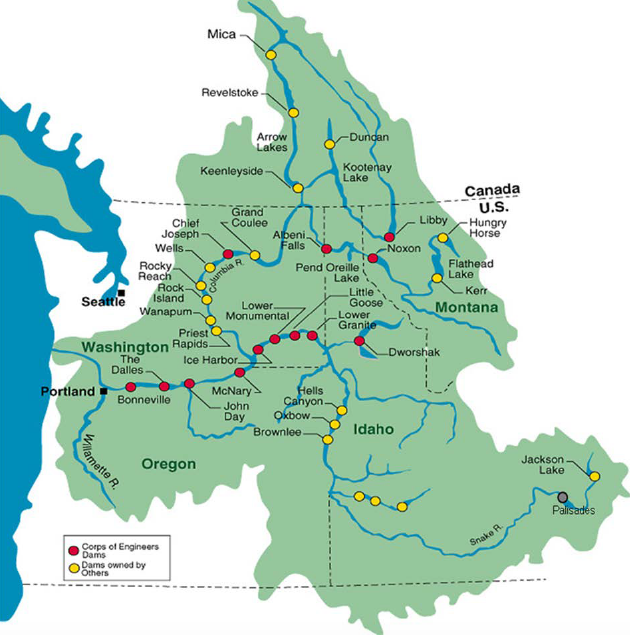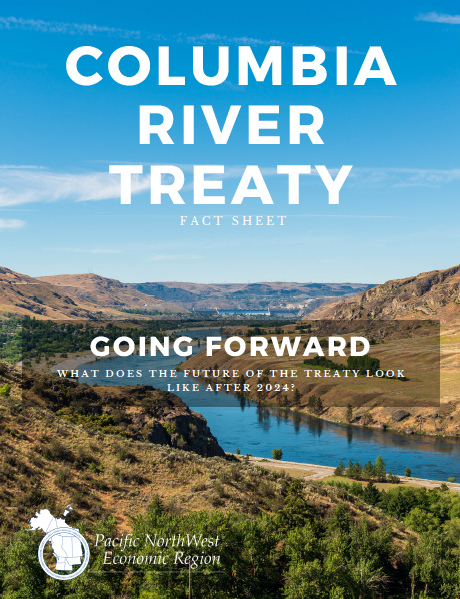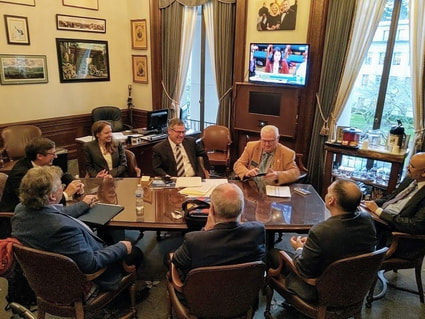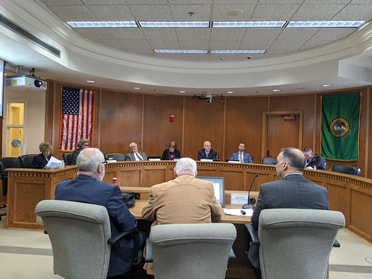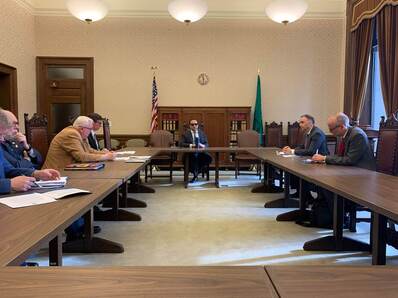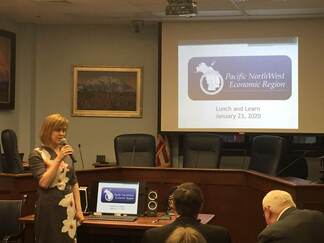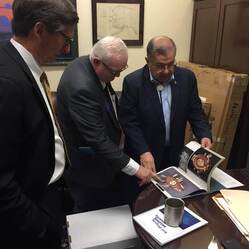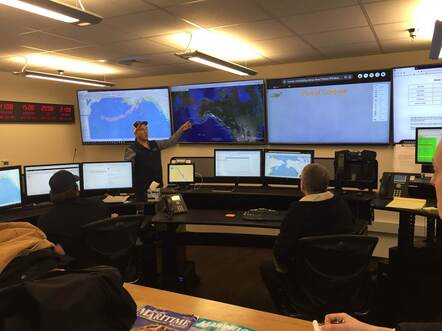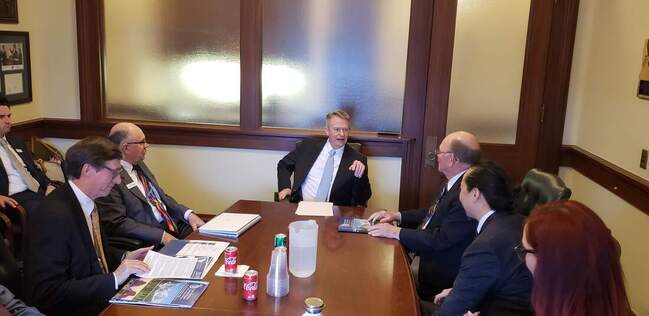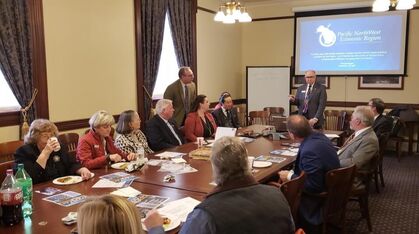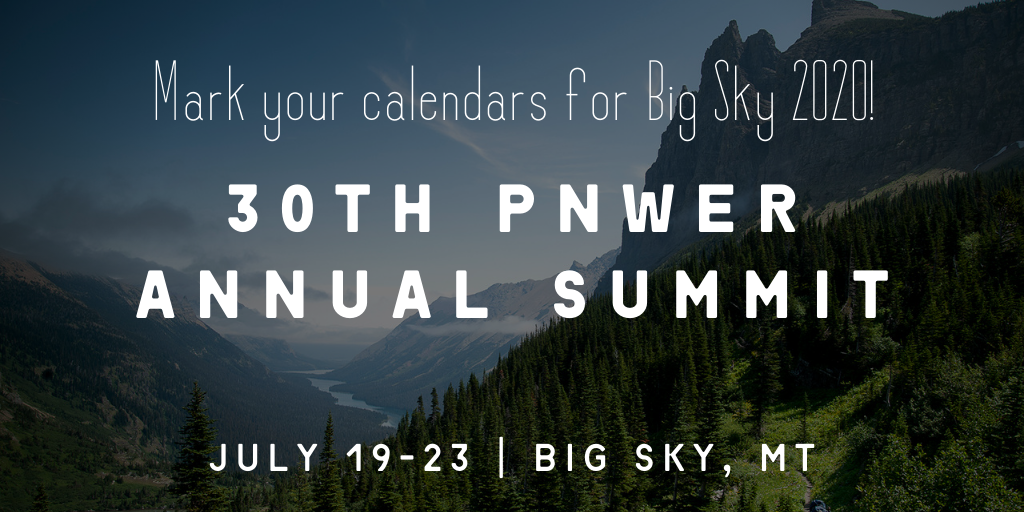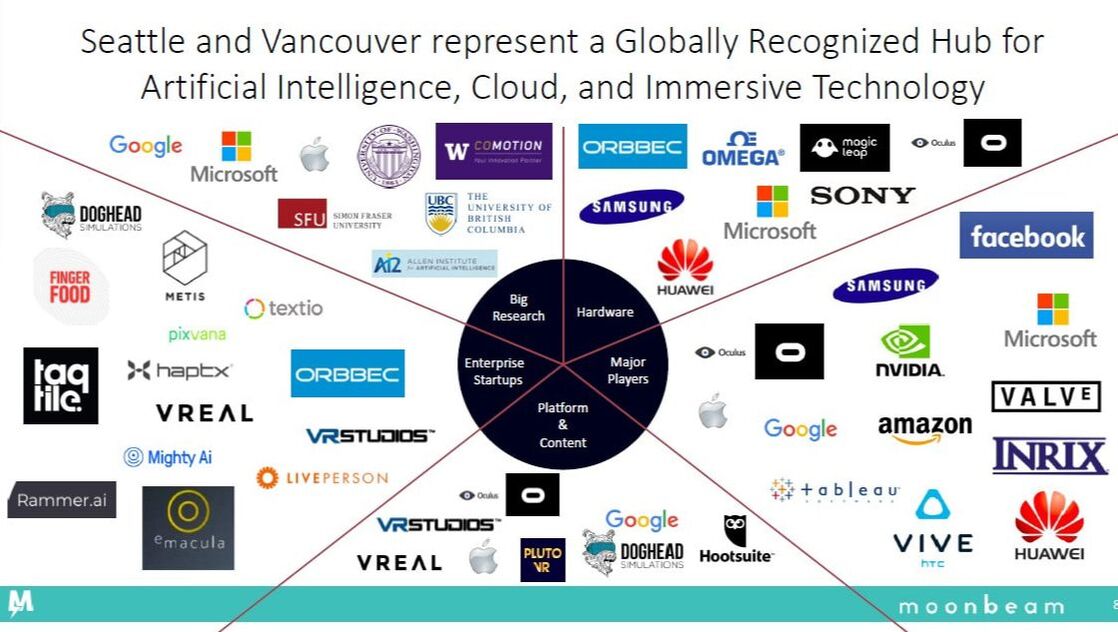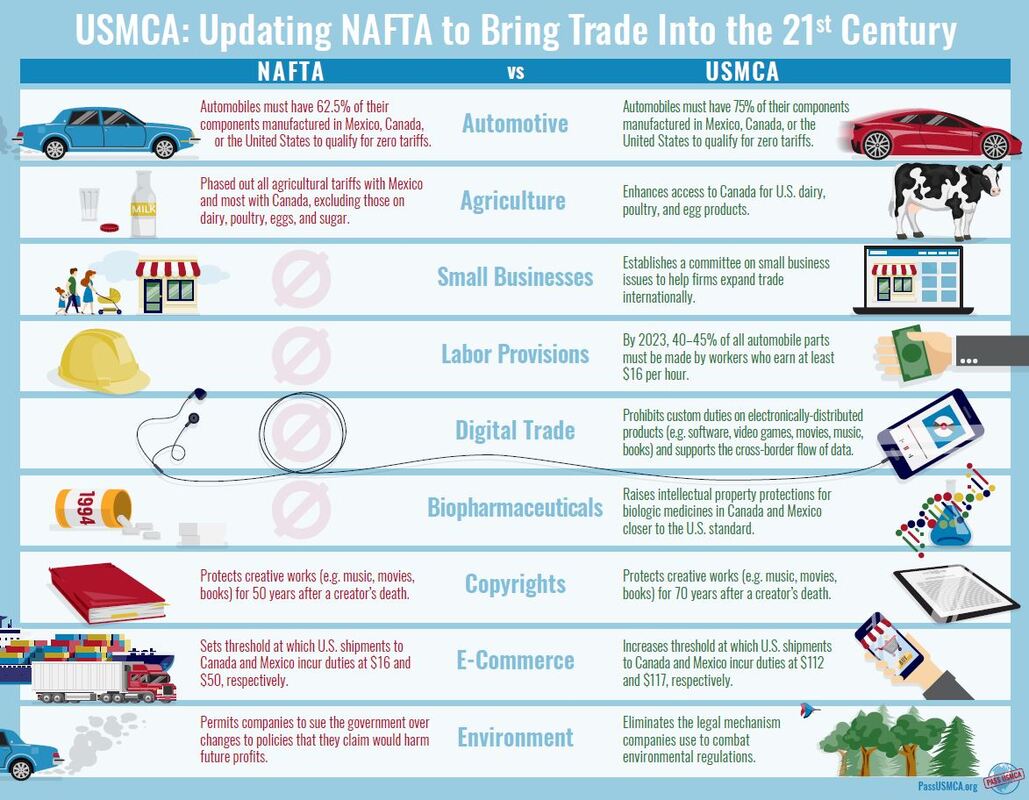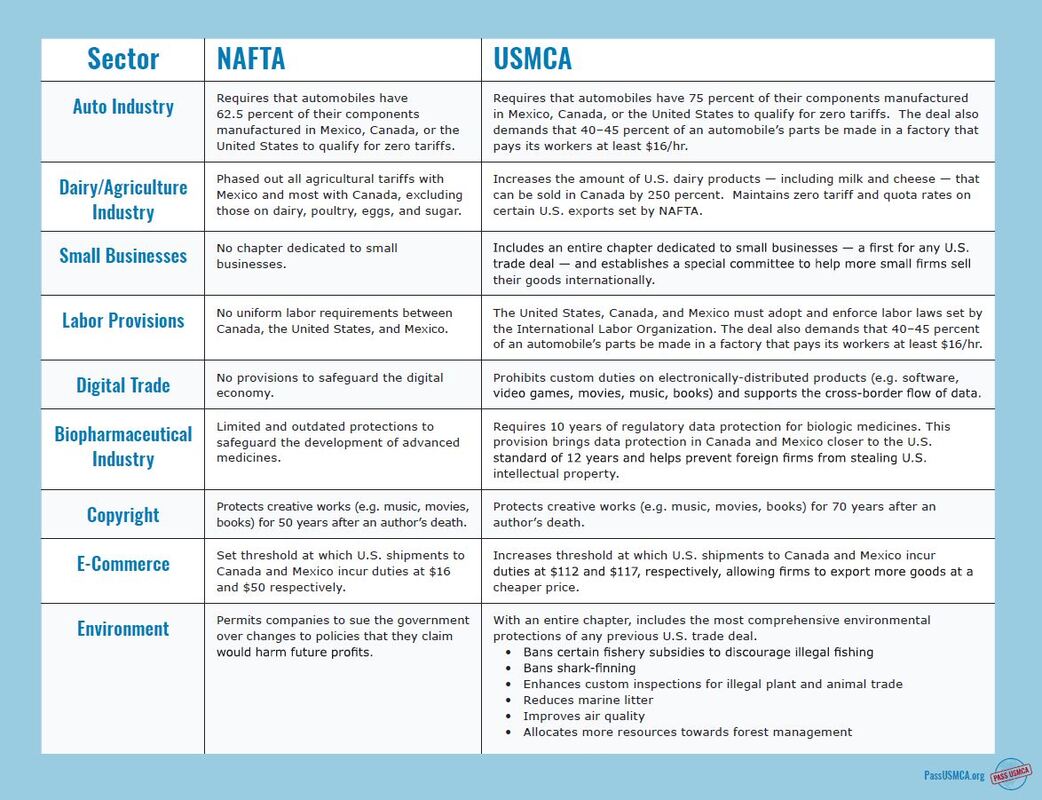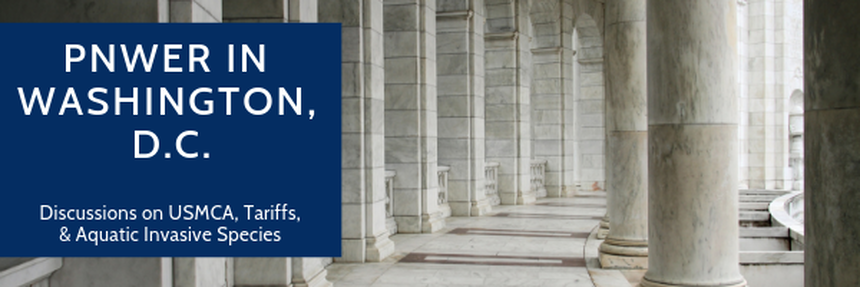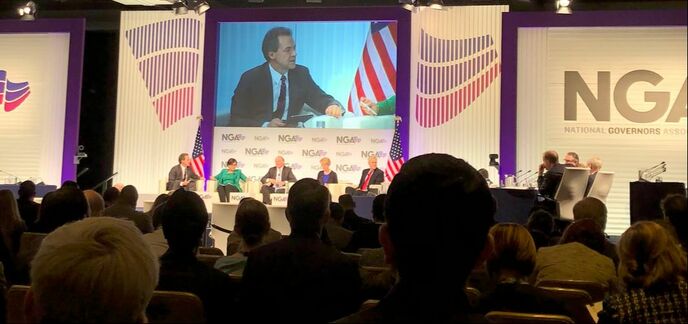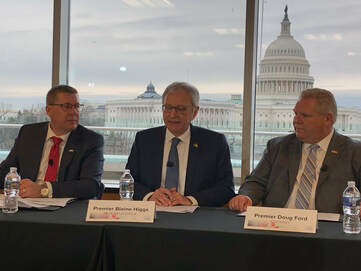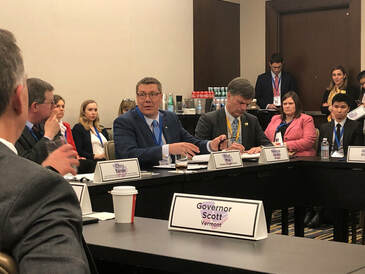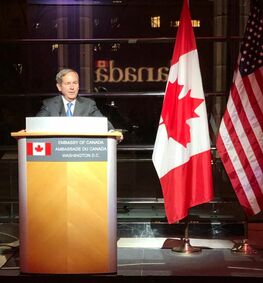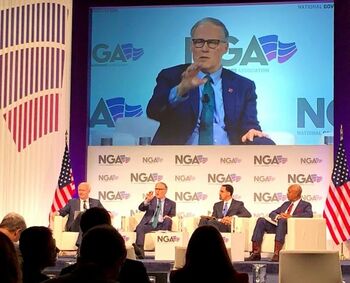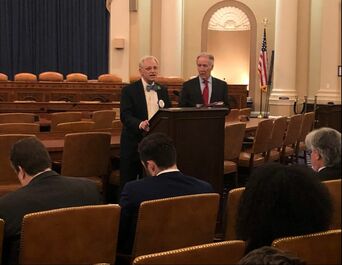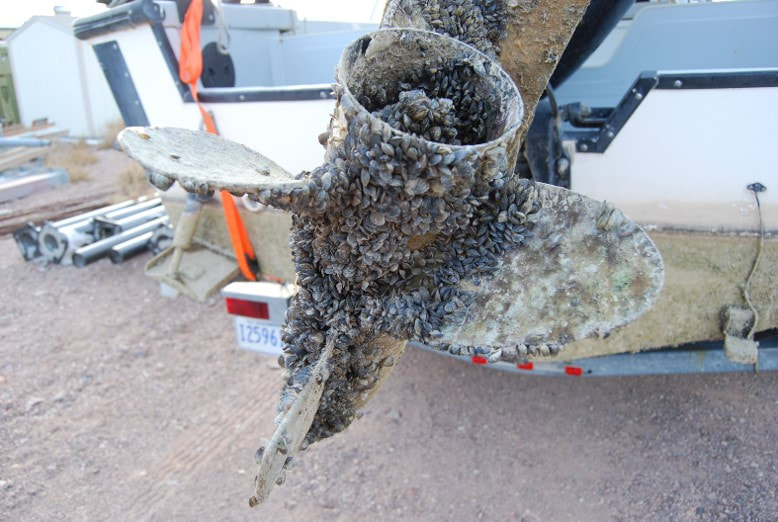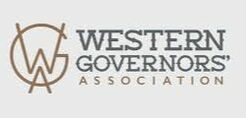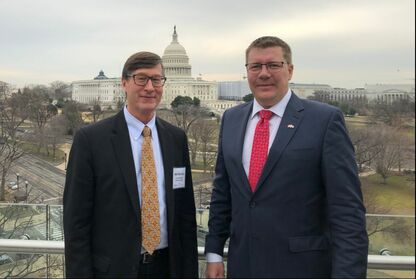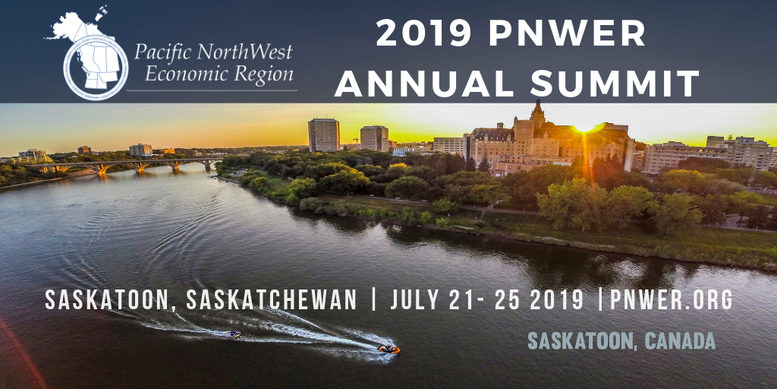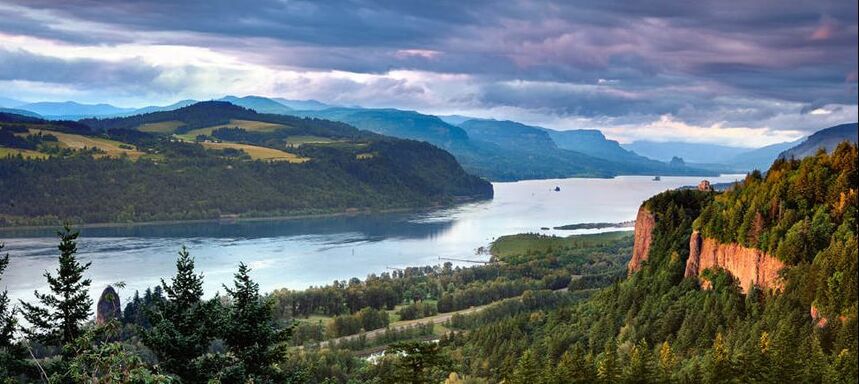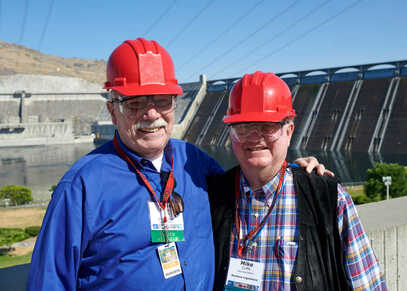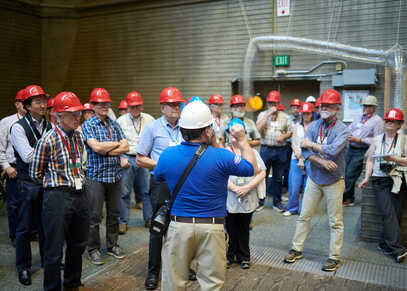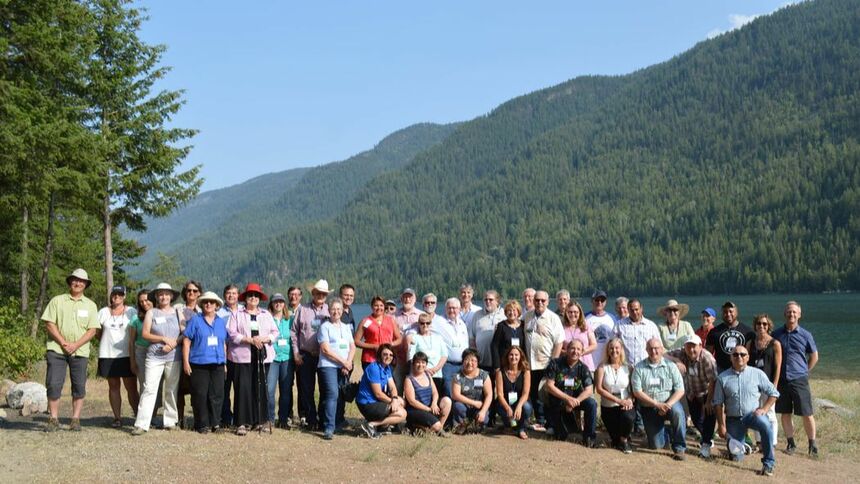0 Comments
After the devastating flood of 1948 near the City of Vanport, the U.S. and Canada partnered to create the Columbia River Treaty (CRT). This Treaty is a joint agreement concerning the development, regulation, and management of the Columbia River to coordinate flood control and maximize hydropower energy production. The Columbia River Treaty has a minimum length of 60 years that will be met on September 16, 2024, with no specified expiration date. With ten year’s notice, the U.S., Canada, or both may decide to terminate the Treaty. If neither country gives notice of termination, the countries may decide to renegotiate or consider improvements by mutual agreement at any time during the life of the CRT. With no termination, the Treaty will continue indefinitely, except for the Annual Assured Flood Control which expires in 2024. When enacted, the U.S. paid $64.4 million for the operation of the Assured Annual Flood Control through 2024 to be replaced by Called Upon Flood Control to be paid per call. What happens after 2024?The Treaty continues indefinitely; however, in 2024, the coordinated flood risk management provision changes to a less-defined approach. In 2024, the Assured Annual Flood Control will be replaced with Called Upon Flood Control. This on-call use of Canada’s reservoirs can only be utilized once the U.S. has made effective use of their own reservoir storage, and Canada must be compensated for the operational and economic cost of each flood control call. Currently, under the Treaty, U.S. and Canadian entities coordinate to maintain and adjust reservoir levels as needed and to maximize the power generated. Under the Columbia River Treaty, the U.S. pre-paid Canada for Assured Annual Flood Control until 2024, which denotes that Canada will reserve 8.45 million acre-feet of assured annual water draft at all three of their CRT reservoirs. Under Called Upon Flood Control, Canada is not required to reserve any water draft. The U.S. and Canada have different perspectives on how the called upon operation for coordinated flood risk management should be implemented after 2024. According to the U.S., the flood control can be called upon once river flows exceed 450,000 cubic feet per second (cfs) measured at The Dalles Dam and only eight storage reservoirs in the U.S. need to be effectively used before the U.S. can call Canada for flood control. From the Canadian perspective, the U.S. can request on call flood control once The Dalles dam exceeds 600,000 cfs and has effectively used all possible storage in the Basin. This ambiguous interpretation of the Called Upon Flood Control will cause implications for quick and efficient flood control. What happens if the treaty is terminated?
NegotiationsNegotiations for the Columbia River Treaty began in May of 2018. Since then seven more meetings have taken place with the most recent being in September of 2019. Researched and written by Miranda Harris Hamlin, PNWER Policy Intern. Miranda is currently a senior at Seattle University studying Economics. Resources
Download our Columbia River Treaty 4-pager
PNWER kicked off the decade with visits to several of our jurisdictions' capitals last month. PNWER traveled to Olympia, WA, first before heading to Juneau, AK, and Boise, ID. PNWER will visit the capitals of our other jurisdictions, Ottawa, and Washington, D.C. in the coming months. These annual capital visits allow PNWER delegates and stakeholders to meet with key government, legislative, and private sector leaders to discuss issues important to our region.
PNWER in Olympia
|
| Join PNWER and Saskatchewan Premier Scott Moe in Saskatoon for the 2019 Annual Summit on July 21-25, 2019! |
On January 31, Nirav Desai, PNWER Innovation Working Group co-chair, and Steve Myers, PNWER Senior Program Manager, had the opportunity to testify during the Alaska Senate Labor and Commerce Committee hearing in Juneau. During their testimony, Mr. Desai and Mr. Myers highlighted the options in Alaska for economic diversification and development. Watch the Senate Labor and Commerce Committee hearing HERE.
Alaska has similar challenges as other cities, states, and provinces that are dependent on one sector of the economy. Automation and globalization have increased over time, and jobs in traditional sectors have been eliminated or outsourced. Economies that are primarily resource-based are particularly impacted by swings in prices because of the cost to commit to development as well as getting products to market. It is often difficult to justify investment in development and an increase in production if the price of resources is down. Additionally, as calls for new transportation options like pipelines and increased rail capacity are being scrutinized, the cost of getting products to market increases. This has an adverse effect on jobs and revenue for resource-based economies.
Mr. Desai pointed out that some regions have had success attracting technology-based industries in an effort to diversify the local economy and enhance its incumbent industries. For example, over the past 20+ years, Austin and Houston, traditionally resource-based economies, have encouraged technology firms to open engineering offices in Texas, selling the low cost of living, educated talent, and low taxes. It has taken several years and courting by economic development leaders, but when a community lays out a strategy and sticks to it, there is opportunity for growth. This strategy is opposite to the traditional method of targeting corporations for complete relocation. The traditional relocation process can be challenging and harmful as states and provinces undermine each other to get the best deal by offering the most incentives – essentially a race to the bottom marked by tax breaks and incentives that may surpass the growth in municipal revenue.
Cities like Austin, Texas; Raleigh, North Carolina; and Pittsburgh, Pennsylvania, have embraced the innovation economy and sought ways to connect their educational institutions with technology platforms to foster the growth of engineering offices and a start-up ecosystem. States and provinces can foster an innovation ecosystem that creates jobs and revenue by enticing firms to work in their community. States and provinces need to remember to focus on their strengths and get buy-in from stakeholders. States and provinces like Alaska could take on the strategy of attracting satellite offices using its uniqueness to test products and support incumbent industries.
Learn how workforce development and talent can foster an innovation ecosystem in a future post.
Check out our 2019 PNWER Annual Summit in Saskatoon, Saskatchewan, July 21-25, 2019!
Future posts in this blog series will showcase the working groups that will hold sessions at our Annual Summit including workforce, transportation, economic development, and more. Stay tuned!
Alaska has similar challenges as other cities, states, and provinces that are dependent on one sector of the economy. Automation and globalization have increased over time, and jobs in traditional sectors have been eliminated or outsourced. Economies that are primarily resource-based are particularly impacted by swings in prices because of the cost to commit to development as well as getting products to market. It is often difficult to justify investment in development and an increase in production if the price of resources is down. Additionally, as calls for new transportation options like pipelines and increased rail capacity are being scrutinized, the cost of getting products to market increases. This has an adverse effect on jobs and revenue for resource-based economies.
Mr. Desai pointed out that some regions have had success attracting technology-based industries in an effort to diversify the local economy and enhance its incumbent industries. For example, over the past 20+ years, Austin and Houston, traditionally resource-based economies, have encouraged technology firms to open engineering offices in Texas, selling the low cost of living, educated talent, and low taxes. It has taken several years and courting by economic development leaders, but when a community lays out a strategy and sticks to it, there is opportunity for growth. This strategy is opposite to the traditional method of targeting corporations for complete relocation. The traditional relocation process can be challenging and harmful as states and provinces undermine each other to get the best deal by offering the most incentives – essentially a race to the bottom marked by tax breaks and incentives that may surpass the growth in municipal revenue.
Cities like Austin, Texas; Raleigh, North Carolina; and Pittsburgh, Pennsylvania, have embraced the innovation economy and sought ways to connect their educational institutions with technology platforms to foster the growth of engineering offices and a start-up ecosystem. States and provinces can foster an innovation ecosystem that creates jobs and revenue by enticing firms to work in their community. States and provinces need to remember to focus on their strengths and get buy-in from stakeholders. States and provinces like Alaska could take on the strategy of attracting satellite offices using its uniqueness to test products and support incumbent industries.
Learn how workforce development and talent can foster an innovation ecosystem in a future post.
Check out our 2019 PNWER Annual Summit in Saskatoon, Saskatchewan, July 21-25, 2019!
Future posts in this blog series will showcase the working groups that will hold sessions at our Annual Summit including workforce, transportation, economic development, and more. Stay tuned!
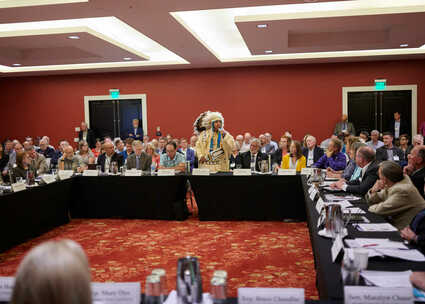 JoDe Goudy, Chairman of the Yakama Nation Tribal Council, speaking during the CRT Symposium in Spokane, WA
JoDe Goudy, Chairman of the Yakama Nation Tribal Council, speaking during the CRT Symposium in Spokane, WA Today marks the opening of the fifth round of negotiations between the U.S. and Canada on the Columbia River Treaty (CRT) since talks to modernize the Columbia River Treaty regime began in May 2018. PNWER has taken a keen interest in the Columbia River Treaty negotiations and is looking forward to seeing the Treaty modernized for the mutual benefit of the region. In fact, PNWER has been working with partner jurisdictions over several years to underscore the importance of the CRT. In 2004, the PNWER Executive Committee affirmed the Columbia River Treaty as one of the most important issues for the region. Since then, much has been done in the region to provide input to the U.S. and Canadian entities leading up to the renegotiation of the treaty. This past year marked a major effort by PNWER to bring stakeholders and experts together to learn more about the treaty, the negotiations, and the impact on the region.
This past July, PNWER organized a Symposium which was held at the PNWER Annual Summit in Spokane, WA. This Symposium was the first joint session to include stakeholders from both sides of the border as well as the chief negotiators from the U.S. and Canada. The Symposium provided the chief negotiators the opportunity to present together and hear testimony from stakeholders. Stakeholders shared the benefits and impacts of the Treaty, focusing on areas including ecosystems, tribal groups, utilities, tourism, agriculture, recreation, and more. The Symposium also featured legislators of jurisdictions that are in and surrounding the Columbia River Basin who spoke about effects of the CRT on livelihoods in the region.
Watch TVW's coverage of the CRT Symposium HERE.
Following the Symposium, PNWER and its partners organized two policy tours highlighting aspects of the Columbia River Basin to legislators, policymakers, and stakeholders. The first tour to the Grand Coulee Dam in central Washington showcased hydroelectric power and water storage for irrigation projects in the U.S. and Canada. Participants heard from several experts including a speaker from the Bonneville Power Administration who illustrated the delivery of power throughout the region. The Chelan County Public Utility District Leadership spoke about operations and the important role the Grand Coulee Dam has in power generation. Tour attendees also heard about the importance of water storage for irrigation to the region’s agricultural community.
This past July, PNWER organized a Symposium which was held at the PNWER Annual Summit in Spokane, WA. This Symposium was the first joint session to include stakeholders from both sides of the border as well as the chief negotiators from the U.S. and Canada. The Symposium provided the chief negotiators the opportunity to present together and hear testimony from stakeholders. Stakeholders shared the benefits and impacts of the Treaty, focusing on areas including ecosystems, tribal groups, utilities, tourism, agriculture, recreation, and more. The Symposium also featured legislators of jurisdictions that are in and surrounding the Columbia River Basin who spoke about effects of the CRT on livelihoods in the region.
Watch TVW's coverage of the CRT Symposium HERE.
Following the Symposium, PNWER and its partners organized two policy tours highlighting aspects of the Columbia River Basin to legislators, policymakers, and stakeholders. The first tour to the Grand Coulee Dam in central Washington showcased hydroelectric power and water storage for irrigation projects in the U.S. and Canada. Participants heard from several experts including a speaker from the Bonneville Power Administration who illustrated the delivery of power throughout the region. The Chelan County Public Utility District Leadership spoke about operations and the important role the Grand Coulee Dam has in power generation. Tour attendees also heard about the importance of water storage for irrigation to the region’s agricultural community.
The following day, attendees were invited to a two-day study tour of southeast B.C. During the two-day tour, fifty attendees visited the Hugh Keenleyside Dam as well as the Spicer farm in Nakusp, which is one of the farms inundated when the treaty dams were built. Columbia River Basin residents and local experts were present during the two days to share their knowledge of how the treaty affects the region’s ecosystems, agriculture, tourism, and community.
The U.S. Chief Negotiator for the Columbia River Treaty, Jill Smail, will lead a town hall in Kalispell, Montana on March 20. The town hall will provide an opportunity for the public to hear about the status of the negotiations as well as to ask questions. For more details on the town hall, visit the U.S. Department of State's website.
For more information on the Columbia River Treaty, its history, and impact, visit the links below.
Government of British Columbia:
https://engage.gov.bc.ca/columbiarivertreaty/
https://engage.gov.bc.ca/columbiarivertreaty/2018-community-meetings/
February 2019 Columbia River Treaty Newsletter
U.S. Department of State:
https://www.state.gov/p/wha/ci/ca/topics/c78892.htm
https://www.federalregister.gov/documents/2019/02/27/2019-03353/town-hall-meeting-on-modernizing-the-columbia-river-treaty-regime
For more information on the Columbia River Treaty, its history, and impact, visit the links below.
Government of British Columbia:
https://engage.gov.bc.ca/columbiarivertreaty/
https://engage.gov.bc.ca/columbiarivertreaty/2018-community-meetings/
February 2019 Columbia River Treaty Newsletter
U.S. Department of State:
https://www.state.gov/p/wha/ci/ca/topics/c78892.htm
https://www.federalregister.gov/documents/2019/02/27/2019-03353/town-hall-meeting-on-modernizing-the-columbia-river-treaty-regime
Archives
August 2023
February 2023
December 2022
October 2022
May 2022
January 2021
July 2020
June 2020
May 2020
April 2020
March 2020
February 2020
August 2019
June 2019
May 2019
April 2019
March 2019
February 2019
November 2018
September 2018
August 2018
June 2018
May 2018
April 2018
March 2018
January 2018
November 2017
Topics
All
2018
Arctic
Capital-visits
Capital-visits
D.C.
Invasive Species
NAFTA
Ottawa
|
World Trade Center West
2200 Alaskan Way, Suite 460 Seattle, WA 98121 |
|


